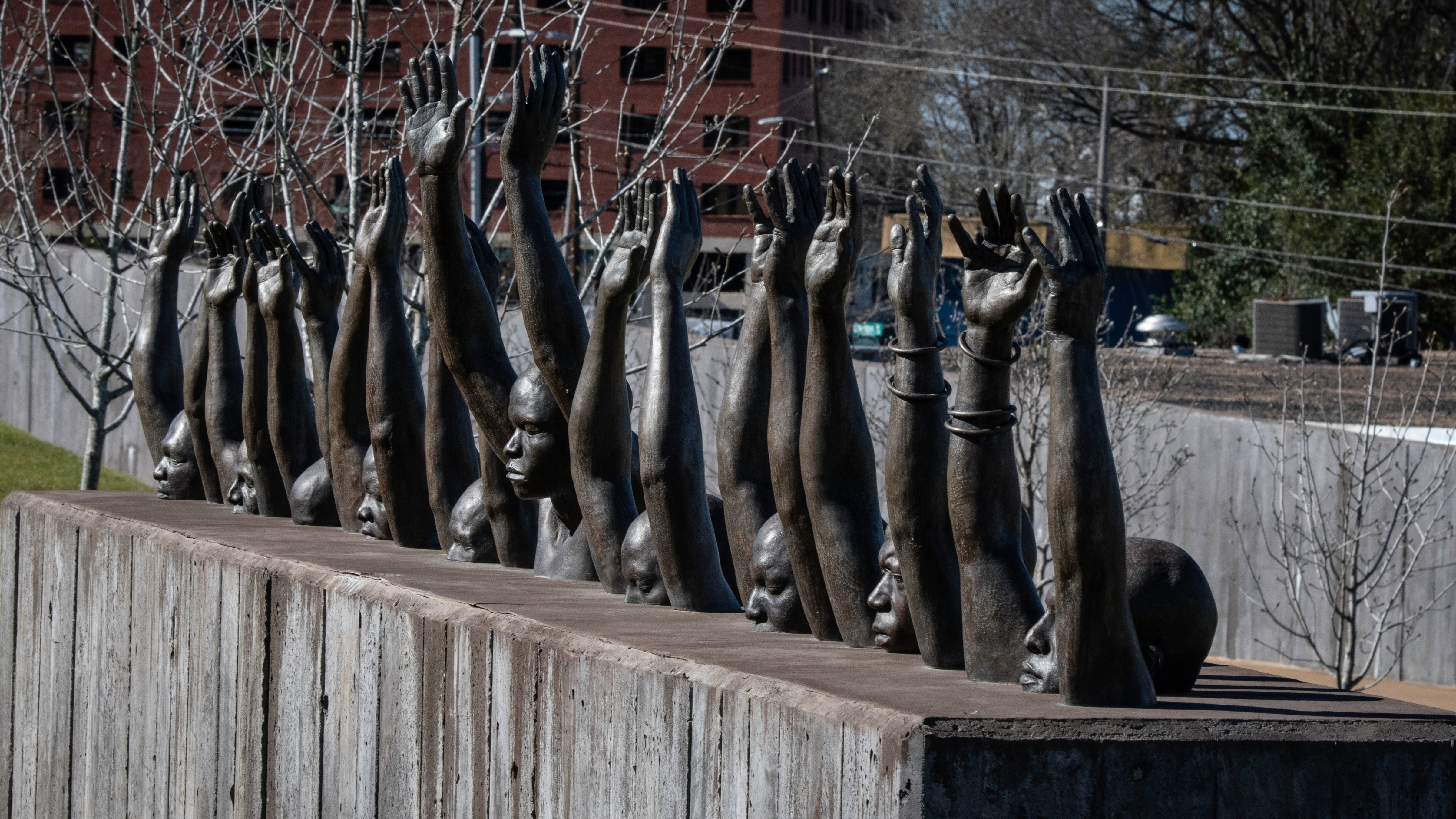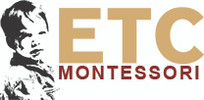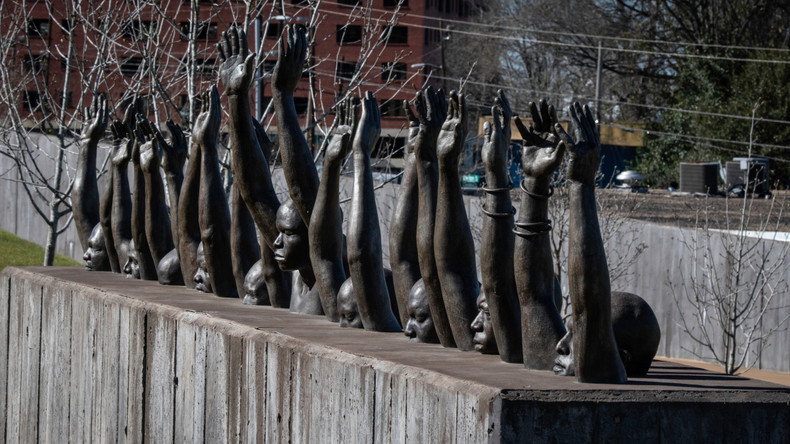
Critical race theory (CRT) is an intellectual movement and framework for analyzing and understanding the ways in which race and racism intersect with other forms of oppression, such as class, gender, and sexuality. CRT emerged in the 1970s as a response to the limitations of traditional civil rights approaches, which focused primarily on legal and policy changes as the means for achieving racial equality. CRT scholars argue that these approaches were not sufficient because they did not address the underlying social, cultural, and structural factors that perpetuate racial inequality.
One of the key insights of CRT is that racism is not simply a matter of individual prejudice, but rather a complex system of social, economic, and political practices that are deeply embedded in the fabric of society. CRT scholars therefore focus on examining the ways in which these practices are reinforced and perpetuated through institutions such as schools, the criminal justice system, and the workplace. Incorporating CRT into middle school education can be a powerful tool for helping students to understand and critique the ways in which race and racism shape their lives and the world around them. One way to do this is through critical race pedagogy, which involves using CRT as a framework for teaching and learning. This can include using CRT-inspired curriculum materials, teaching strategies, and assessment methods that encourage students to analyze and question the ways in which race and racism are represented in the texts, images, and media that they encounter in their everyday lives.
Another key component of CRT is the concept of intersectionality, which refers to the ways in which different forms of oppression, such as race, class, gender, and sexuality, interact and overlap. Incorporating this concept into middle school education can help students to understand the ways in which different forms of oppression intersect and reinforce each other, and how this impacts the lives of marginalized communities.
One way to incorporate CRT in middle school education is using critical race literature. This can include books, articles, and other texts that focus on the experiences of marginalized communities and examine the ways in which race and racism shape their lives. These texts can provide students with a deeper understanding of the ways in which race and racism operate in society and can also serve as a starting point for discussions and critical analysis. The use of books and literature that addressed CRT has been extensively criticized with many communities banning such literature.
Nonetheless, another important aspect of CRT is the emphasis on counter-storytelling. This refers to the idea that marginalized communities have been historically silenced and their stories have been erased from dominant narratives. Counter-storytelling allows for these stories to be told and heard, and it is a valuable tool for helping students to understand the perspectives of marginalized communities and the ways in which they have been affected by race and racism.
CRT can also be incorporated into the middle school curriculum using case studies and simulations that allow students to analyze real-world examples of race and racism in action. These activities can provide students with a deeper understanding of the ways in which race and racism operate in society and can also serve as a starting point for discussions and critical analysis. Montessori middle school curriculum rarely shies away from introducing large ideas to students. Middle schoolers develop a keen sense of fairness and often enjoy looking at concepts that encompass and promote ideas in community building.
Incorporating CRT into middle school education is not only important for helping students to understand the ways in which race and racism shape their lives and the world around them, but also for preparing them to be active and engaged citizens who are committed to working towards racial justice. By providing students with a deeper understanding of the ways in which race and racism operate in society and the tools to analyze and critique these systems, CRT can help to empower students to be agents of change in their own communities.
Tanysha Idleman is the Director of Inclusion, Equity and Diversity at ETC Montessori.

